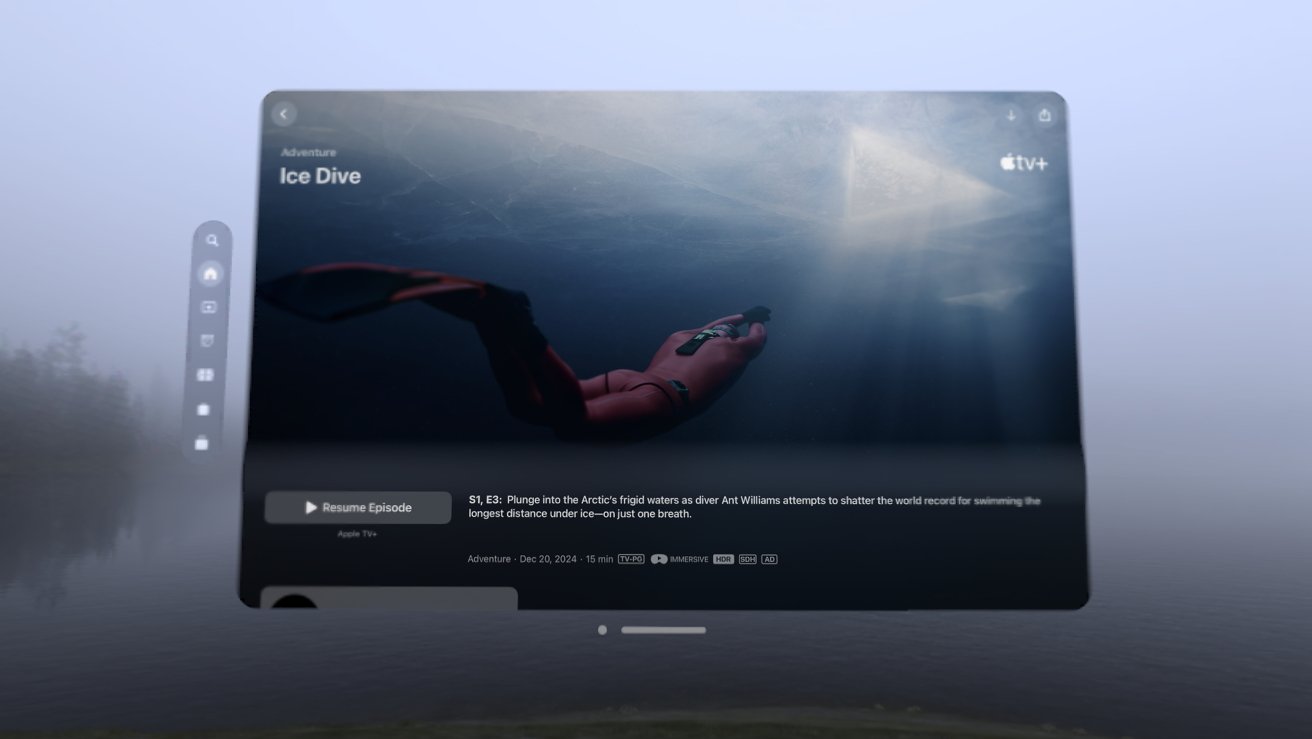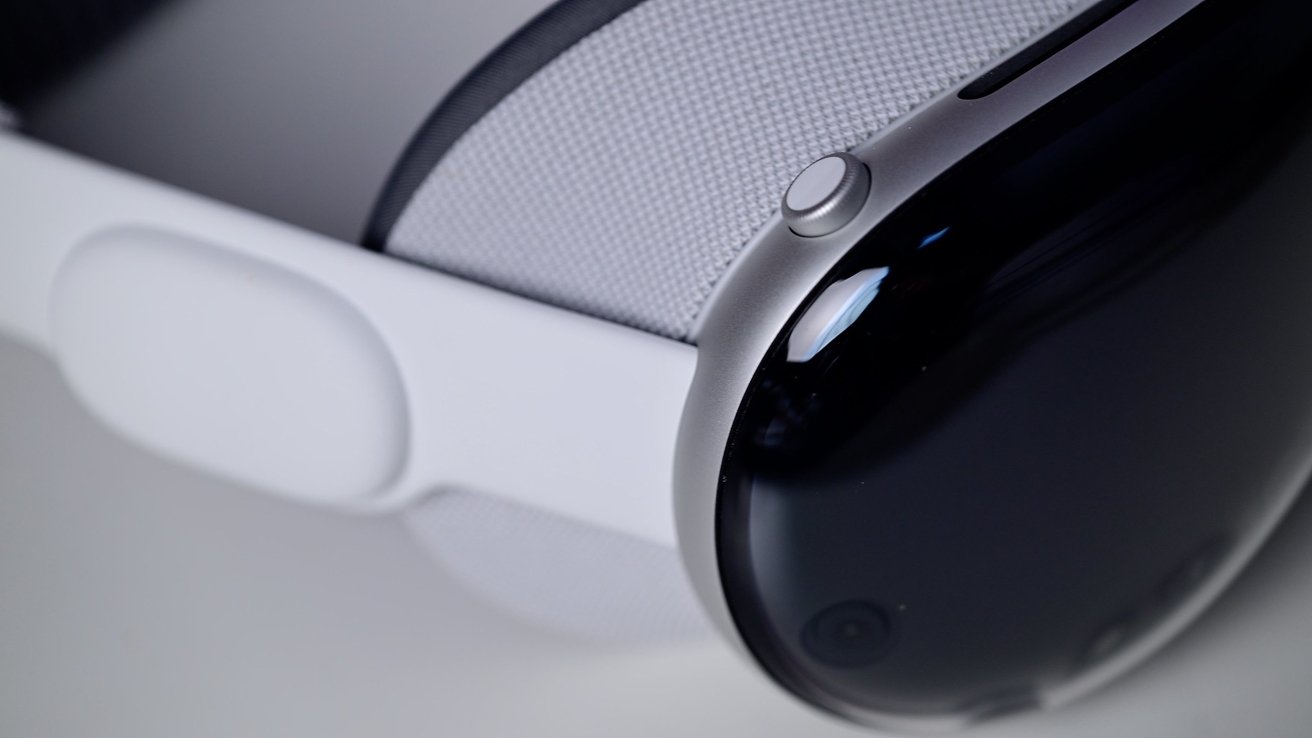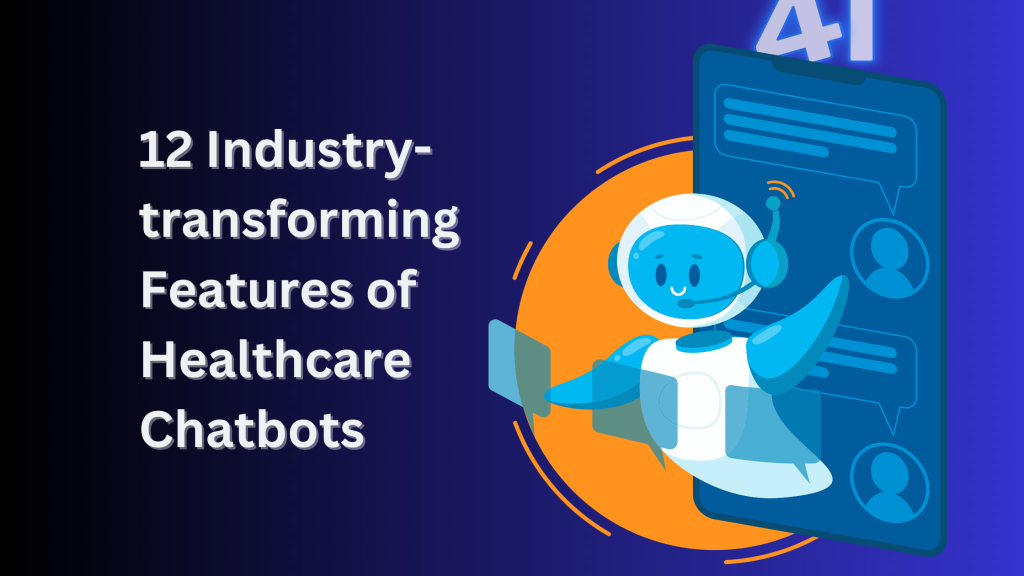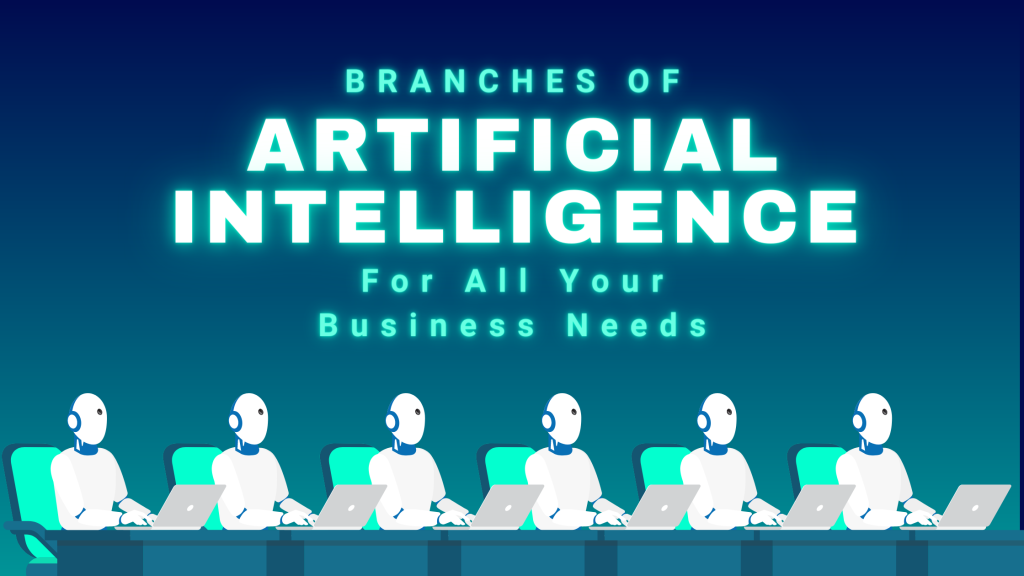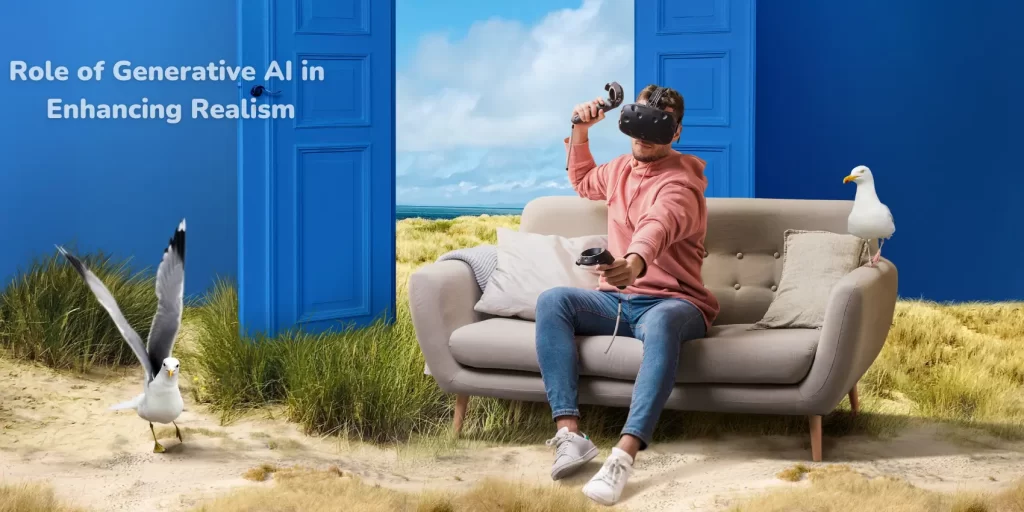While introducing the Macintosh, the tech giant Apple claimed it would “Change the world” and that 1984 would not remain 1984 as people knew it. Remember the famous Apple Macintosh commercial titled “1984”? Would you believe that the ad...
While introducing the Macintosh, the tech giant Apple claimed it would “Change the world” and that 1984 would not remain 1984 as people knew it. Remember the famous Apple Macintosh commercial titled “1984”? Would you believe that the ad was aired just once? Yes, it ran just once, and it was during a timeout in the third quarter of Super Bowl XVIII on Jan. 22.
Despite that, it was so mysterious that it kindled huge international interest as to what Apple was going to unveil at the upcoming launch. And when the Apple Macintosh really did hit the market, within 100 days, over 72,000 computers worth US$2,495 were sold. This is equivalent to over $7,000 in 2023.
Staying true to its words, Apple did change the world in many ways. The Macintosh ended the dark ages of hard-to-operate Microsoft DOS for user-friendly, graphically operated personal computers. It introduced mouse and trackpad navigation to mass production and, eventually, popularized personal computing.
And the story doesn’t end there. Contrary to what many thought—that the success of the Macintosh was a one-off event—Apple repeated history with the launch of the iPhone. The original Apple iPhone introduced the touch interface and the concept of apps to smartphones, thereby revolutionizing the smartphone industry once and for all.
Building upon its legacy, Apple has kept coming up with market-leading innovations and has gained the unwavering belief of its users. So much so that now Apple has the capability to bring about paradigm shifts and change perceptions with just one launch.
And next up in line is the Apple Vision Pro headset. With the same intentions to revolutionize the world, Apple has made its next big move in the Augmented Reality space. The product is being touted as a game-changer and would have an impact comparable to what the Macintosh and iPhone had in their respective fields.
With the robust backing of Spatial Computing, Vision Pro is set to take AR closer to the user than ever. Thus, it will provide a whole new platform of opportunities for businesses. It will help them offer novel user experiences as well as enhance their business operations.
It’s this business-transforming capability of Vision Pro that we will assess in this discussion. We will examine what Apple Vision Pro is capable of, the technology behind it, and the features that make it the best business opportunity existing today. So let’s delve.
Clearing your basics: Spatial Computing in Apple Vision Pro
Spatial Computing is a technology with the innovative ability to understand users’ physical surroundings and context. For this, it utilizes advanced sensors, cameras, and artificial intelligence algorithms. Once it is spatially aware, it superimposes digital content in the real world with utmost precision.
For example, with Spatial Computing, a virtual object can be placed on a table, and as the user moves around it, the object remains fixed in its position relative to the user and the environment.
More interestingly, spatial computing lets users interact with digital content using natural and intuitive inputs like gestures, voice commands, and eye movements. Thereby, it creates a sense of realism and immersion, bringing interactive mixed reality and an enhanced user experience.
Spatial Computing for the Next-Generation User Interface
In traditional computing, the user interface is designed to be viewed and interacted with on two-dimensional surfaces, with a clear distinction between the real and digital worlds. However, spatial computing takes it to the next level by introducing a fully three-dimensional user interface.
This means that instead of being limited to a flat screen, spatial computing creates a mixed-reality experience where virtual elements, such as graphics, objects, or information, are mapped onto the real world.
Imagine seeing virtual arrows through your headset guiding you to your destination in a city. With spatial computing, the arrows appear so well-placed that you cannot believe that they actually don’t exist in the real world.
Further, spatial computing is not limited to specific devices; it can be implemented in various forms, such as augmented reality (AR) glasses, mixed reality headsets, or even smartphones and tablets with advanced camera and sensor capabilities. To understand it better, let’s discuss the key components and benefits of Spatial Computing.
Critical Components of Spatial Computing and Apple Vision Pro
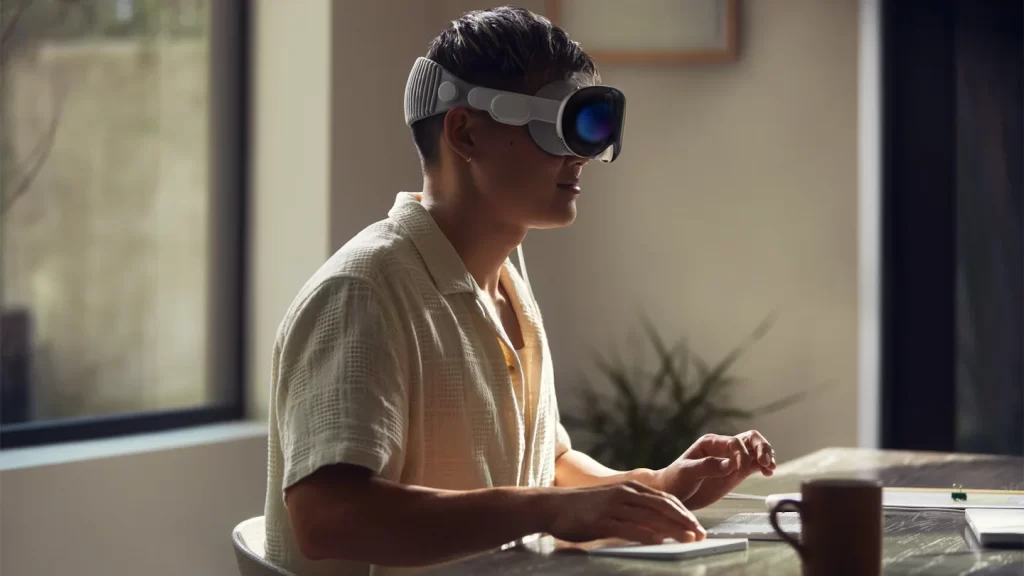 Image source: Apple
Image source: Apple
Spatial computing relies on a set of essential components working harmoniously to create captivating and immersive experiences with intuitive interaction.
And being the first-of-its-kind spatial computing device, the Apple Vision Pro embodies the essence of the technology and its advanced features.
Let’s explore the different components of Spatial computing and how Apple Vision Pro incorporates these elements to redefine the future of computing:
Display Technology
At the core of spatial computing lies advanced display technology such as AR glasses, headsets, or mixed reality devices. Equipped with high-resolution screens and specialized optics, these displays overlay digital images onto the user’s real-world view, creating a mixed-reality experience.
With two ultra-high-resolution displays packing an astonishing 23 million pixels across two postage-stamp-sized screens, Vision Pro ensures exceptional visual fidelity. This advanced display technology, combined with custom catadioptric lenses, delivers jaw-dropping experiences.
Tracking and Sensors
For spatial computing to understand and respond to users’ movements, precise tracking is vital. A variety of sensors, including cameras, depth sensors, accelerometers, and gyroscopes, continuously gather data about the user’s position, orientation, and gestures. This data allows the system to update virtual content in real-time, ensuring it aligns perfectly with the user’s physical environment.
Apple Vision Pro, too, integrates a comprehensive array of sensors for a convincing experience. Additionally, it uses high-speed cameras combined with a ring of LEDs projecting invisible light patterns onto the user’s eyes, facilitating responsive and intuitive input and making interactions feel natural and seamless.
Spatial Mapping
Spatial mapping involves creating a 3D model of the user’s surroundings by scanning and analyzing the physical space. This process enables the system to recognize surfaces, objects, and obstacles, providing a foundation for virtual content to interact convincingly with the real world.
Apple Vision Pro does it by employing sophisticated spatial mapping algorithms for three-dimensional models of users’ environments.
Computer Vision and AI
At the core of spatial computing lies the intelligence derived from computer vision and artificial intelligence (AI). These sophisticated algorithms interpret data from sensors and cameras, allowing the device to identify objects, track hand movements, and understand user intentions accurately.
Using these intelligent technologies, Apple’s Vision Pro delivers an immersive experience that feels remarkably intuitive and lifelike.
Input Modalities
Spatial computing introduces innovative input methods beyond traditional keyboards and mice. Users can interact with virtual content using natural gestures, hand movements, eye gaze, voice commands, and spatially-aware controllers. These intuitive input modalities make the experience more immersive and user-friendly.
Here, Apple Vision Pro introduces groundbreaking input modalities that redefine how users interact with digital content. From simple gestures and hand movements to eye gaze and voice commands, the device leverages multiple input methods to create a deeply immersive and user-friendly experience.
Spatial Sound
Spatial computing embraces spatial sound technology to heighten the sense of presence and immersion in the virtual environment. With the aid of spatial audio algorithms, sounds are precisely positioned based on the user’s position and head orientation, resulting in a more realistic and captivating auditory experience.
Apple’s Vision Pro takes this concept further with its advanced Spatial Audio system. By delivering personalized spatial audio tailored to the user’s head and ear geometry, the device enhances the feeling of complete immersion in the virtual environment, making the experience even more immersive and lifelike.
Spatial Understanding
Spatial understanding is a fundamental aspect of spatial computing, allowing the system to accurately recognize and interpret the user’s physical surroundings. This includes understanding the size, shape, and layout of objects and spaces, enabling context-aware interactions, and convincingly aligning virtual content with the real world.
Apple’s Vision Pro showcases the company’s expertise in spatial understanding, as it effortlessly blends digital content with the user’s physical surroundings. The device achieves this by dynamically responding to natural light and casting shadows, enabling users to comprehend scale and distance. As a result, the experience becomes more believable and engaging, immersing users in a truly lifelike virtual environment.
Real-Time Processing
The seamless experience of spatial computing hinges on robust processors capable of handling immense amounts of data in real time. As users move and interact with the virtual environment, the system must respond instantaneously to maintain a smooth and highly responsive experience.
To achieve this level of performance, Apple has engineered custom-designed M2 and R1 chips to power the Vision Pro. These cutting-edge chips deliver unparalleled standalone performance and real-time processing capabilities. Specifically, the R1 chip plays a crucial role by efficiently processing input from a multitude of sensors. This ensures that virtual content appears precisely in front of the user’s eyes without any perceivable delay, creating a truly immersive and interactive experience.
Apple Vision Pro: Unique Features For Popularity Among Users And Businesses
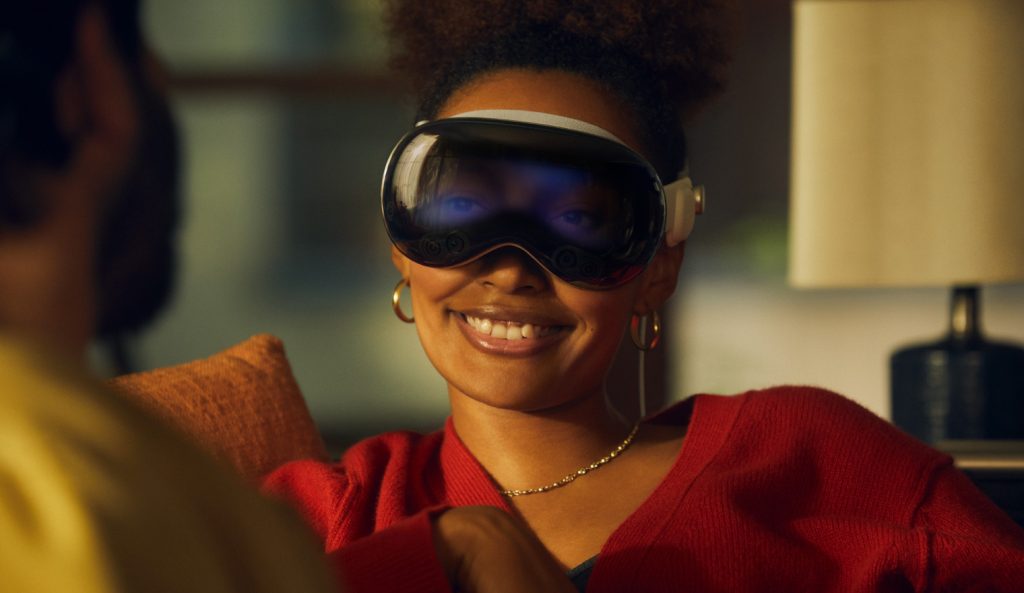 Image Source: Apple
Image Source: Apple
Other than the above, there are certain aspects unique to Apple Vision Pro that make it extremely popular among users and, therefore, for businesses. There are:
Eye Tracking and Gesture Recognition:
Spatial computing requires a reliable and accurate eye tracking and gesture recognition system to understand and interpret user interactions. This technology allows the system to track the user’s eye movements and gestures, enabling intuitive navigation and control within the virtual environment.
Apple Vision Pro incorporates advanced eye tracking and gesture recognition capabilities. The system uses high-speed cameras and a ring of LEDs to project invisible light patterns onto the user’s eyes, allowing for precise and responsive input. This technology ensures that users can interact seamlessly with virtual objects and navigate the spatial interface effortlessly.
Optic ID for Secure Authentication:
As spatial computing becomes more integrated into our daily lives, the need for secure authentication becomes paramount. Optic ID is a cutting-edge secure authentication system that uses a user’s iris under various invisible LED light exposures. This information is then compared to the enrolled Optic ID data, which is protected by the Secure Enclave, to instantly unlock Apple Vision Pro.
With Optic ID, users can rest assured that their data remains encrypted and inaccessible to apps or external sources. The authentication process ensures that only authorized users can access the device, enhancing security and privacy.
Industry-Leading Privacy and Security:
Privacy and security are foundational pillars of spatial computing. As users immerse themselves in a virtual world, they must be confident that their personal data and interactions are safeguarded.
Apple Vision Pro is built on a strong foundation of privacy and security, ensuring that user data remains under their control. The EyeSight feature enables users to navigate the spatial environment without sharing eye-tracking information with third-party apps or websites. Additionally, visual cues indicate when a user is capturing spatial photos or videos, ensuring transparency in their interactions.
The Big Question: What’s In It For Your Business?
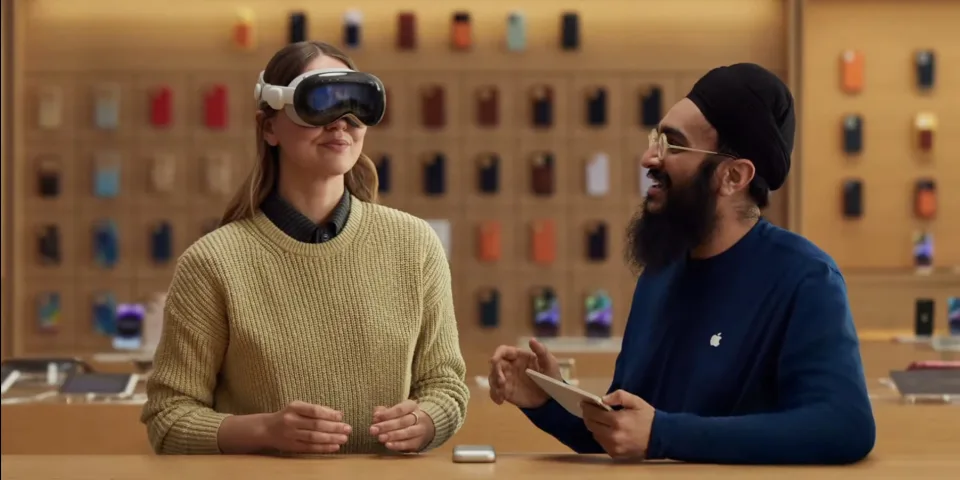 Image Source: Apple
Image Source: Apple
As the Apple Vision Pro headset prepares to debut in January 2023 in the US and in mid-2023 in other countries, businesses should gear up for the new era of spatial computing. In this section, we will discuss the various possibilities that your business should be aware of.
Unleashing Immersive Experiences:
Apple Vision Pro represents a significant leap in spatial computing, offering businesses a remarkable canvas to create immersive experiences.
It will create a world where customers can step into a virtual realm to explore products, services, or destinations with astonishing realism. Whether it’s virtually trying on clothes, experiencing a vacation destination before booking, or interacting with lifelike digital avatars, Vision Pro empowers businesses to deliver truly captivating experiences that resonate with their audience.
Queppelin maintains a large team skilled in developing immersive applications to place your business at the forefront of this spatial computing revolution. In our approach to application development, we ensure that your brand captivates customers, driving deeper engagement and fostering brand loyalty.
Innovative Customer Interactions:
In the fiercely competitive business landscape, redefining customer interactions is crucial to standing out from the crowd. Application development for Apple Vision Pro opens up a realm of innovative possibilities, empowering businesses to deliver unforgettable customer experiences.
Using the Vision Pro platform, businesses can offer personalized shopping experiences that allow customers to virtually try on products, ensuring a perfect fit before making a purchase. Interactive virtual showrooms and brand experiences immerse customers in a brand’s story, forging a more profound emotional connection.
At Queppelin, our approach to application development ensures that your brand emerges as a trailblazer in the emerging Vision Pro market. With our decade-spanning experience, we create AR experiences that leave a lasting impression on customers, fostering brand loyalty and advocacy.
Enhanced Training and Learning:
For businesses seeking to transform employee training and learning, Apple Vision Pro offers a game-changing opportunity. By developing applications tailored to the headset, businesses can unlock the potential of virtual environments for skill-building and knowledge retention.
Imagine employees participating in hands-on training simulations that mirror real-life scenarios, enabling them to practice and refine their skills without real-world consequences. Interactive learning modules in a virtual environment engage learners, making educational content more compelling and effective.
Queppelin’s expertise in cutting-edge training solutions ensures that your workforce receives a training program that delivers. By harnessing Apple Vision Pro’s capabilities, we optimize workforce learning, leading to a more skilled and confident team.
Accelerating Productivity and Collaboration:
In today’s fast-paced business world, efficient collaboration is paramount. Spatial computing redefines how teams work together, and application development for Apple Vision Pro enables businesses to create collaborative environments like never before.
Imagine holding virtual meetings with remote team members, where everyone feels physically present, fostering meaningful interactions and driving productivity. Project management solutions in virtual spaces allow seamless multitasking, ensuring teams can work efficiently with real-time access to critical information.
At Queppelin, our collaborative approach to application development ensures that your business maximizes productivity and fosters seamless teamwork. By leveraging Apple Vision Pro’s spatial computing capabilities, we help your team achieve more together, regardless of geographical distances.
Transformative Data Visualization:
Dealing with complex data can be challenging, but with Apple Vision Pro’s power, businesses can present information in visually engaging and interactive formats. Applications can provide 3D data visualizations, interactive dashboards, and immersive business intelligence tools, revolutionizing decision-making processes.
Having access to data visualizations that transcend the flat, two-dimensional world, will enable decision-makers to gain deeper insights and make informed decisions faster. With Vision Pro, data becomes more than just numbers; it transforms into a tangible and interactive experience.
At Queppelin, our expertise in data visualization ensures that your business harnesses the full potential of complex data. By leveraging Apple Vision Pro’s capabilities, we empower your team to unlock valuable insights and make data-driven decisions with ease.
Empowering Businesses Across Industries and Scales:
Businesses of all scales and across diverse industries eagerly await the transformative possibilities Apple Vision Pro brings. The application development potential of Vision Pro extends far beyond entertainment and gaming. It presents a visionary opportunity for businesses to revolutionize customer interactions, enhance training and collaboration, and explore new economic frontiers.
Healthcare and Medical Education
In the ever-evolving healthcare industry, Apple Vision Pro ushers in a new era of medical education and patient care. The applications developed for the headset provide doctors and medical students with realistic surgical simulations and training scenarios, allowing them to hone their skills with precision.
Vision Pro’s spatial computing capabilities enable telemedicine, connecting doctors with patients remotely for consultations, diagnoses, and treatment plans. Additionally, medical professionals can explore new avenues of research and data visualization, leading to breakthroughs in healthcare innovation.
Retail and E-commerce:
For the retail and e-commerce sectors, Apple Vision Pro becomes a game-changer in enhancing the customer shopping journey. Imagine customers trying on virtual clothes, and experiencing products in an interactive and immersive way before making a purchase decision.
Retailers can create virtual showrooms where customers can browse and interact with products from the comfort of their homes. Personalized shopping recommendations, coupled with the engaging experience offered by Vision Pro, lead to higher customer satisfaction and increased sales.
Entertainment and Gaming:
The entertainment and gaming industries embrace a new era of creativity and audience engagement with Apple Vision Pro. Developers can now craft immersive gaming experiences that blur the line between the virtual and real worlds. Interactive storytelling takes on new dimensions, captivating audiences with three-dimensional narratives.
Additionally, Vision Pro’s capabilities open doors to 3D movie experiences that transport viewers into breathtaking cinematic worlds.
Manufacturing and Design:
For businesses involved in manufacturing and design, Apple Vision Pro becomes a powerful tool for visualization and collaboration. Applications developed for the headset enable real-time collaboration between remote teams, streamlining product development cycles.
Architects and designers can conduct interactive design reviews in virtual environments, expediting the planning and prototyping processes. Vision Pro empowers businesses to bring ideas to life with enhanced precision and efficiency.
Education and Training
In the education sector, Apple Vision Pro revolutionizes the way knowledge is imparted and absorbed. Teachers can transport students on virtual field trips, offering immersive learning experiences that ignite curiosity and foster a deeper understanding of subjects. Interactive lessons and educational games engage students, making learning enjoyable and effective. The headset also facilitates remote learning, ensuring access to quality education regardless of geographical barriers.
Real Estate and Architecture:
Real estate professionals and architects find limitless potential in Apple Vision Pro’s application development. The headset offers a cutting-edge platform for property visualization and virtual property tours. Clients can explore properties in immersive detail, virtually walking through spaces, thereby, gaining a realistic sense of their potential future homes or offices.
For architects, Vision Pro enhances interactive architectural planning, enabling them to collaborate with clients and stakeholders in real-time, refining designs and bringing architectural visions to life.
Embrace the Future with Queppelin
As a visionary technology company specializing in spatial computing solutions, Queppelin is poised to be your strategic partner in unleashing the potential of Apple Vision Pro for your business. Our expertise in developing cutting-edge applications and immersive experiences allows your brand to stand out and seize competitive advantages. Whether you are a startup seeking novel customer engagement methods or an established enterprise aiming to optimize productivity and training, Queppelin’s team of experts is here to co-create tailored solutions that drive your business into the future.
By embracing Apple Vision Pro and its transformative capabilities, you secure your place at the forefront of innovation and future-proof your business operations. As we await the headset’s arrival in early 2023, let Queppelin be your guide in this spatial computing revolution, transforming your business with visionary applications that capture hearts, minds, and markets. Together, we embark on a journey of limitless possibilities and propel your business into the era of spatial computing.
The post Apple Vision Pro Future Business Prospects: You Better Gear Up! appeared first on Queppelin.



